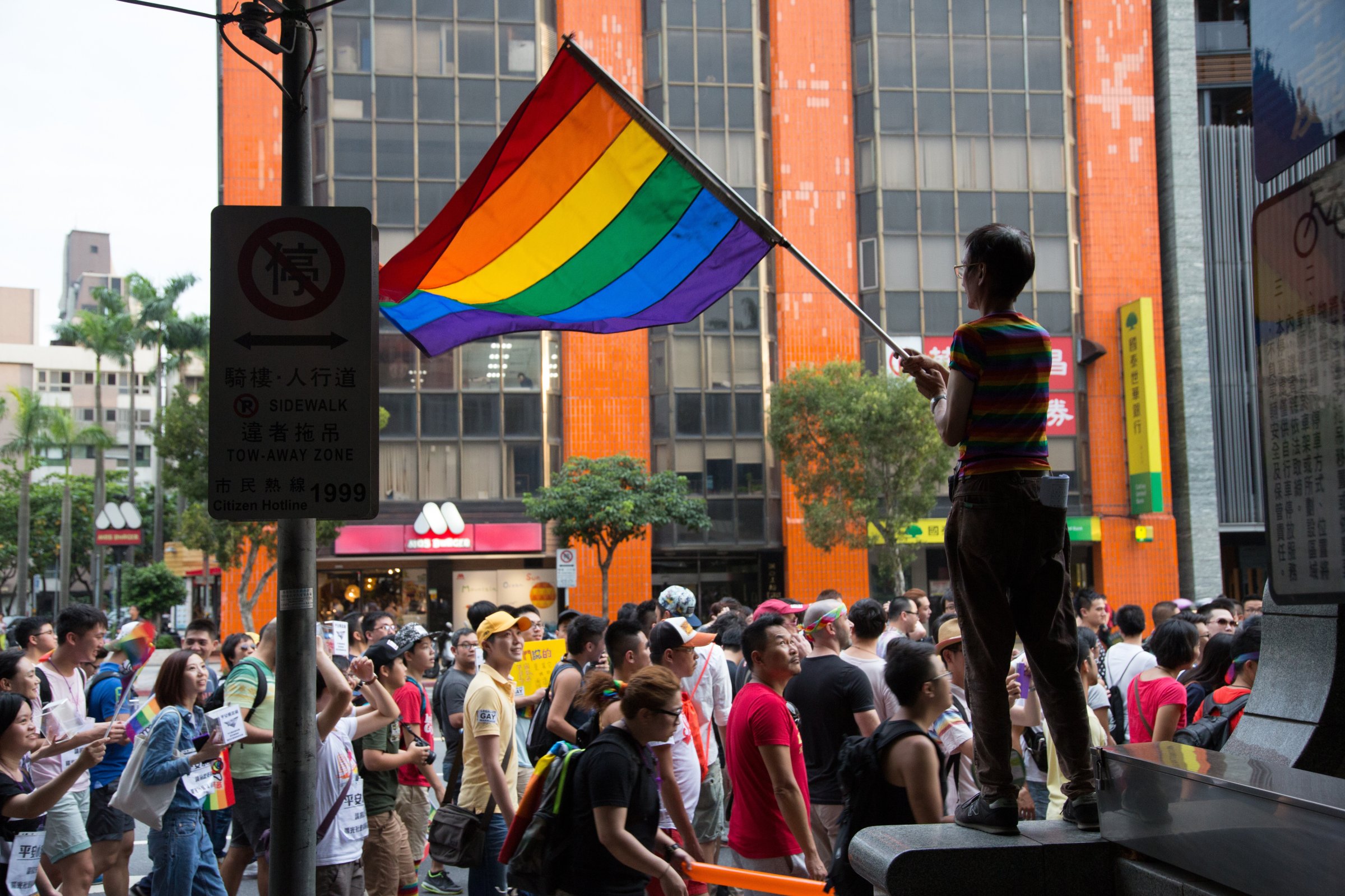
Workplace discrimination based on sexual orientation is illegal, the U.S. Equal Employment Opportunity Commission concluded this week, in a groundbreaking ruling that provides new protections for LGBT Americans.
In a decision dated Thursday, the EEOC said that employers who discriminate against LGBT workers are violating Title VII of the 1964 Civil Rights Act, which prohibits employment discrimination “based on race, color, religion, sex and national origin.”
In the past, courts have ruled that Title VII does not cover discrimination based on sexual orientation because it’s not explicitly mentioned in the law, but the EEOC’s ruling disputes that reasoning. “Sexual orientation discrimination is sex discrimination because it necessarily entails treating an employee less favorably because of the employee’s sex,” the EEOC concluded. The committee argued that if an employer discriminated against a lesbian for displaying a photo of her wife, but not a straight man for showing a photo of his wife, that amounts to sex discrimination.
Supreme Court Chief Justice John Roberts hinted at similar reasoning earlier this year when considering the same-sex marriage case, even though he ultimately dissented on the court’s June 26 ruling in support of gay marriage. “If Sue loves Joe and Tom loves Joe, Sue can marry him and Tom can’t,” Roberts argued in April. “And the difference is based upon their different sex. Why isn’t that a straightforward question of sexual discrimination?”
The Equal Employment Opportunity Commission also argued this week that since courts have consistently ruled that the racial protections of Title VII apply to relationships, the sex protections should apply to relationships as well. Under Title VII, employers can’t discriminate against employees based on the races of their spouses or friends (so, for example, you couldn’t be fired for being in an interracial marriage). The EEOC’s Thursday ruling ensures that the same standard applies to sex as well, which means you can’t be fired based on whom you choose to date or marry.
The Equal Employment Opportunity Commission was created to enforce and implement the 1964 Civil Rights Act. This new interpretation radically expands the scope of those protections.
The ruling could be seen as a victory for LGBT activists, who have been advocating for greater workplace protections for years, and have redoubled their efforts in the wake of the landmark same-sex marriage ruling last month. Presidential candidates like former Florida Governor Jeb Bush have come out in support of laws to protect LGBT workers against discrimination, saying at a recent campaign event, “I don’t think you should be discriminated because of your sexual orientation. Period. Over and out.”
Housing and employment law are seen as the next battleground for LGBT activists, but the EEOC decision suggests that LGBT workers are already covered under the 1964 Civil Rights Act, which may complicate the push to pass legislation with specific protections for LGBT workers.
More Must-Reads from TIME
- Cybersecurity Experts Are Sounding the Alarm on DOGE
- Meet the 2025 Women of the Year
- The Harsh Truth About Disability Inclusion
- Why Do More Young Adults Have Cancer?
- Colman Domingo Leads With Radical Love
- How to Get Better at Doing Things Alone
- Michelle Zauner Stares Down the Darkness
Write to Charlotte Alter at charlotte.alter@time.com